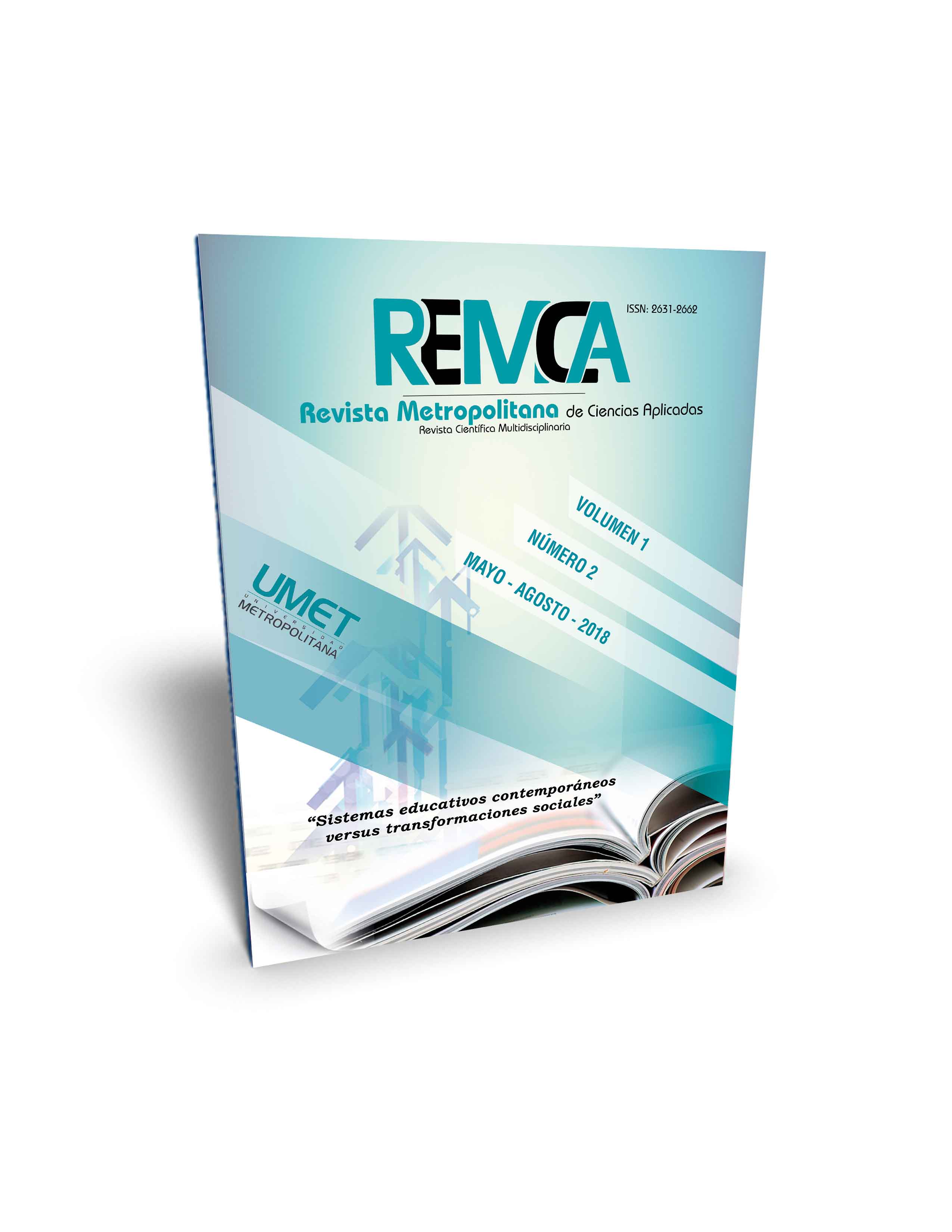Art-education synergy: component of the educational strategy for the integral education of the student
DOI:
https://doi.org/10.62452/6r3mmh85Keywords:
Art, education, art pedagogy, educational strategyAbstract
The objective of this article is to offer a theory that from the pedagogical conception motivates the reflection about the need and the particularities of the art-education interaction and the importance of its inclusion in the educational strategy for the integral formation of the future professionals, in whose center is the pedagogy of art. To this end, a methodological strategy based on the academic experience of the experts consulted, as well as that of the author in the practice of general and artistic education, is assumed; the bibliographic and documentary critical review and the use of theoretical and empirical methods, among them, the historical-logical and the content analysis, the observation and the dialectical hermeneutic approach. The main result consists of the socialization of updated pedagogical considerations to enrich the current conceptions about the structure and scope of the educational strategy to contribute to the recognition and value of the place that art occupies in the integral formation of professionals.
Downloads
References
Araque, C. (2013). ¿Arte y pedagogía o pedagogía de las artes? Calle 14 Revista de investigación en el campo del arte, 8(11). Recuperado de https://revistas.udistrital.edu.co/ojs/index.php/c14/article/view/5622/8981
Fiallo, J. (2001) ¿Utopía O Realidad Educativa? La Habana: Instituto Central de Ciencias Pedagógicas.
Fuentes, H. (2008). La Universidad Latinoamericana Humana y Cultural. Evento UREL. Bogotá.
Freeland, C. (2003). Pero ¿esto es arte? Madrid: Cátedra.
Galiana, V. (2009). Danza e integración. Papeles de Arteterapia y educación artística para la inclusión social, 4. Recuperado de http://revistas.ucm.es/index.php/ARTE/article/view/ARTE0909110079A
Graeme, F. (1996). Arte, educación y diversidad cultural. Barcelona: Paidós.
Granadino, F. (2006). La educación inicial y el arte. San Salvador: Ciudad Universitaria.
Palacios, L. (2006). El valor del arte en el proceso educativo. Reencuentro, 46. Recuperado de http://www.redalyc.org/articulo.oa?id=34004607
Gómez Redondo, María del Carmen (2013). Procesos de patrimonialización en el arte contemporáneo: Diseño de un artefacto educativo para la identización. Tesis doctoral. Valladolid: Universidad de Valladolid.
Longueira Matos, S. (2013). Los retos educativos en la sociedad del conocimiento. Aproximación a las aportaciones desde el ámbito de la educación musical. Universidad de salamanca. TESI, 14(3), 211-240. Recuperado de http://www.redalyc.org/pdf/2010/201029582011.pdf
Moreno Pabón Cristina (2013). MeTaEducArte (Método para Talleres de Educación desde el Arte). El arte contemporáneo como medio de expresión en la Educación Infantil y Primaria con uso de TIC. Estudios Sobre el Mensaje Periodístico, 19, 339-349. Recuperado de https://revistas.ucm.es/index.php/ESMP/article/download/42041/40022
Musso, C. G., & Enz, P. A. (2014). El arte como instrumento educativo en medicina. Arch. argent. Pediatr, 112(6). Recuperado de http://www.scielo.org.ar/scielo.php?script=sci_arttext&pid=S0325-00752014000600003
Tolstoï, L. N. (2012). ¿Qué es el arte? Valladolid: MAXTOR.
Santraella, L. (2012). Culturas y artes de lo poshumano. Madrid: Editorial San Pablo.
Vieites Manuel F. (2012). Presente y futuro de la educación teatral en España en los inicios del siglo XXI. Orense: Universidad de Vigo.
Mora Muñoz, J. M., & Osses Bustingorry, S. (2012). Educación Artística para la Formación Integral. Complementariedad entre Cultura Visual e Identidad Juvenil. Estudios Pedagógicos, 38(2), 321-335. Recuperado de http://www.redalyc.org/pdf/1735/173524998019.pdf
Vegas Nuria, G. (2012). La educación artística y el arte como terapia un camino para construir la identidad del adolescente. Tesis doctoral. Madrid: Universidad Complutense de Madrid.
Downloads
Published
Issue
Section
License
Copyright (c) 2018 Eudaldo Enrique Espinoza Freire (Autor/a)

This work is licensed under a Creative Commons Attribution-NonCommercial-ShareAlike 4.0 International License.
Authors who publish in Revista Metropolitana de Ciencias Aplicadas (REMCA), agree to the following terms:
1. Copyright
Authors retain unrestricted copyright to their work. Authors grant the journal the right of first publication. To this end, they assign the journal non-exclusive exploitation rights (reproduction, distribution, public communication, and transformation). Authors may enter into additional agreements for the non-exclusive distribution of the version of the work published in the journal, provided that acknowledgment of its initial publication in this journal is given.
© The authors.
2. License
The articles are published in the journal under the Creative Commons Attribution-NonCommercial-ShareAlike 4.0 International License (CC BY-NC-SA 4.0). The terms can be found at: https://creativecommons.org/licenses/by-nc-sa/4.0/deed.en
This license allows:
- Sharing: Copying and redistributing the material in any medium or format.
- Adapting: Remixing, transforming, and building upon the material.
Under the following terms:
- Attribution: You must give appropriate credit, provide a link to the license, and indicate if any changes were made. You may do this in any reasonable manner, but not in any way that suggests the licensor endorses or sponsors your use.
- NonCommercial: You may not use the material for commercial purposes.
- ShareAlike: If you remix, transform, or build upon the material, you must distribute your creation under the same license as the original work.
There are no additional restrictions. You may not apply legal terms or technological measures that legally restrict others from doing anything the license permits.




